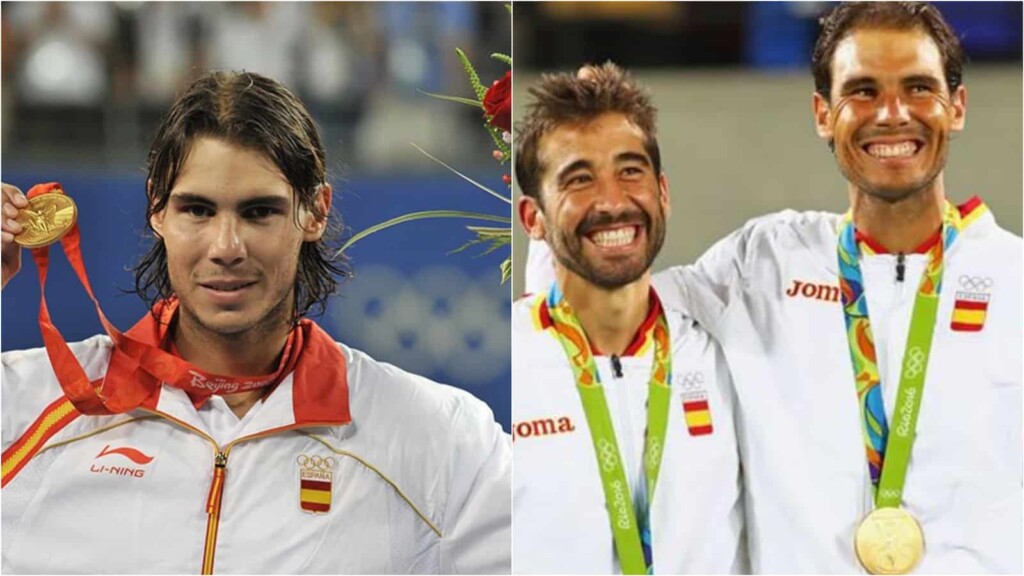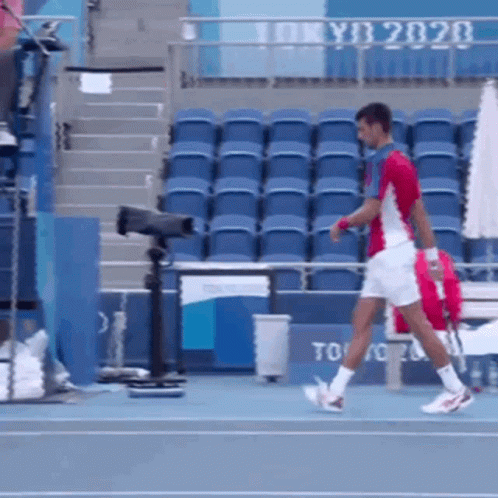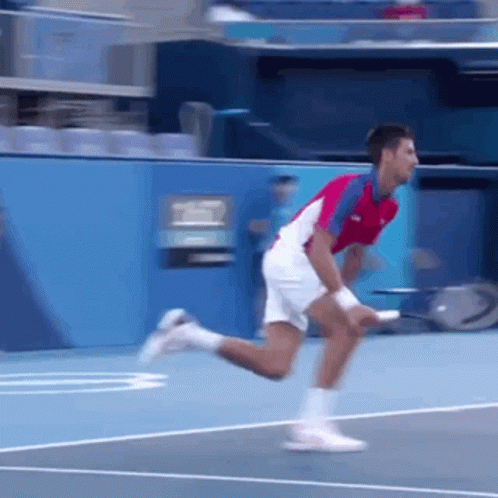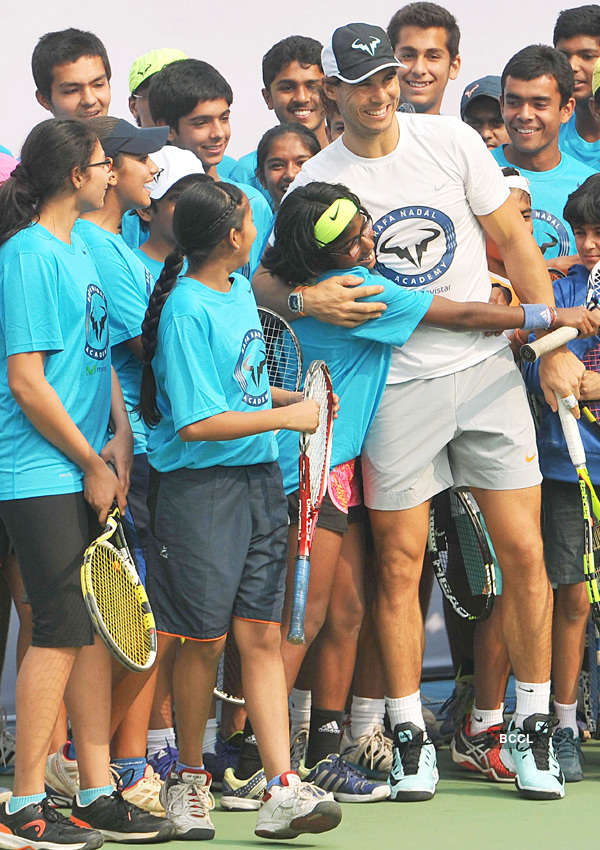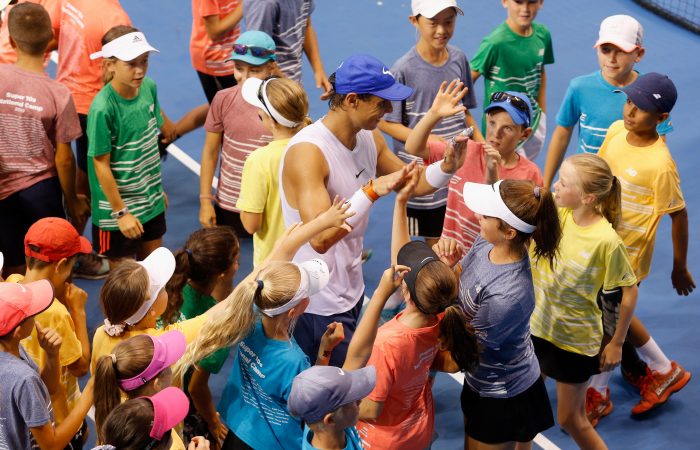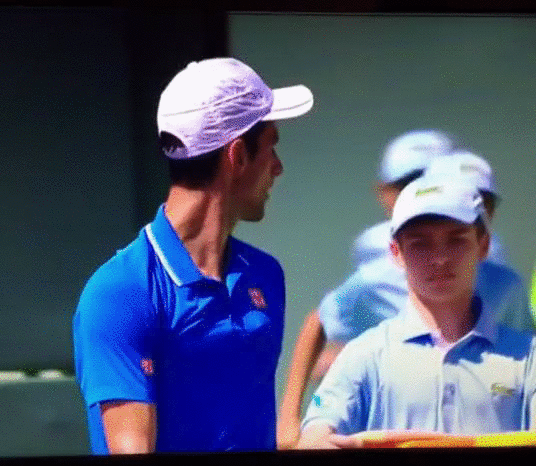El Dude
The GOAT
- Joined
- Apr 14, 2013
- Messages
- 10,614
- Reactions
- 6,470
- Points
- 113
An addendum, to the above and for @Moxie as well. Despite what Moxie might think about me changing my tune, I still basically agree with the view that, overall, the Big Three are so close in talent that a lot of the differences in their resumes comes down to, well, opportunity -- but also match-up dynamics and other contextual factors - like where and when they played, etc. And there are a lot of them. Shift things around a bit, and their resumes could look different - in any number of ways. And that goes for past greats, as well. All players, really. But given that, when considering quantifiable greatness, it comes down to--for me, at least--what has actually been accomplished. The historic statistical record.
Believe it or not, I agree with the idea that "greatness" cannot simply and only be a statistical matter. But I do think that the more nebulous, qualitative stuff should be minimized when we're actually ranking players historically. So when I rank players and come up with systems, it is with the understanding that it is based on what can be ranked - that is, actual results. What we could call "talent" or "brilliance"--which I think you both focus on--cannot be ranked, except symptomatically through results. In other words, there is a kind of filter between "talent/brilliance" on one hand, and "results" on the other. In that filter are all those nebulous factors (like opportunity, drive, health, focus, mentality, context, etc). I am merely saying that any system of ranking can only ever take into accounts the "post-filter" results.
There are problems with a "results-only" approach. When trying to figure out the "best" system, I frequently run into two issues that I don't really have solutions for, or at least solutions that I feel good about:
Believe it or not, I agree with the idea that "greatness" cannot simply and only be a statistical matter. But I do think that the more nebulous, qualitative stuff should be minimized when we're actually ranking players historically. So when I rank players and come up with systems, it is with the understanding that it is based on what can be ranked - that is, actual results. What we could call "talent" or "brilliance"--which I think you both focus on--cannot be ranked, except symptomatically through results. In other words, there is a kind of filter between "talent/brilliance" on one hand, and "results" on the other. In that filter are all those nebulous factors (like opportunity, drive, health, focus, mentality, context, etc). I am merely saying that any system of ranking can only ever take into accounts the "post-filter" results.
There are problems with a "results-only" approach. When trying to figure out the "best" system, I frequently run into two issues that I don't really have solutions for, or at least solutions that I feel good about:
- How to weigh peak level with accumulative career accomplishments, or quality vs. quantity (e.g. Connors vs. Borg).
- The problem of different eras (e.g. Borg only playing three Slams in most years or the varying prestige and depth of Slams at different times, such as Kriek's AO titles).


